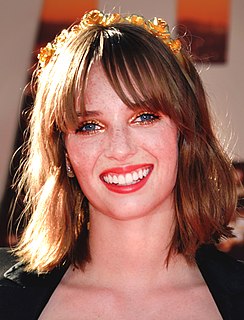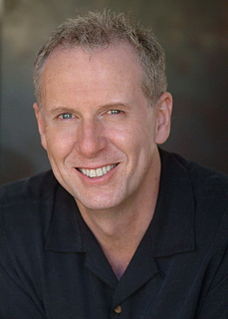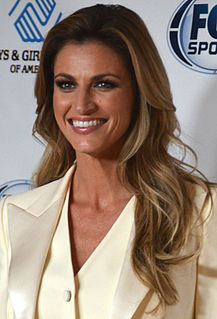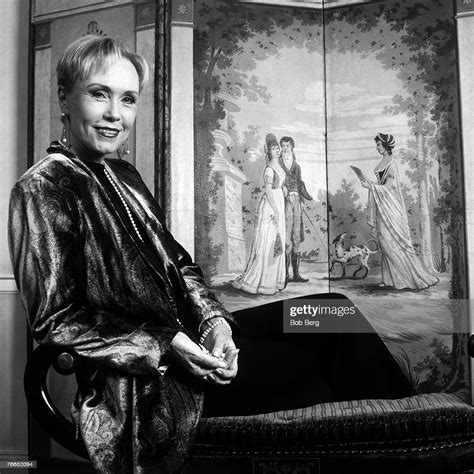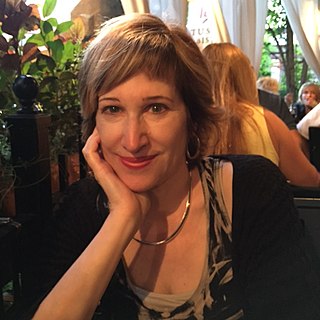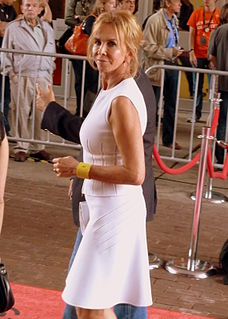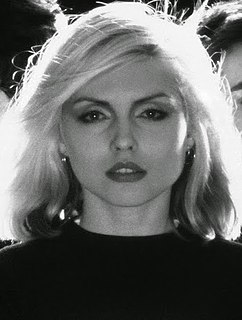A Quote by Romola Garai
Women don't question themselves when they enter into a story that has male characters, but men do question the validity of a female narrative.
Related Quotes
None of the male characters are as powerful or as interesting as the four central female characters. The men work best as representations of the current stage of a particular female’s psyche. The men function as catalysts, and are certainly important to the development of the story, but the relationships are not the goal. I do not see romance as being what’s central to the success of PRETTY LITTLE LIARS.
Men look at women. Women watch themselves being looked at. This determines not only most relations between men and women but also the relation of women to themselves. The surveyor of woman in herself is male: the surveyed female. Thus she turns herself into an object - and most particularly an object of vision: a sight.
We need more female directors, we also need men to step up and identify with female characters and stories about women. We don't want to create a ghetto where women have to do movies about women. To assume stories about women need to be told by a woman isn't necessarily true, just as stories about men don't need a male director.
We have really, really good-looking men who work for our network, and that's never brought into question. Our men dress very well, and look fantastic in a suit, and not once is that ever talked about. I can be called out on the Internet or in newspapers for asking a question, but if a male asked the same question, it would never be a topic.
I just don't feel like I've seen very many movies about 17-year-old girls where the question is not, 'Will she find the right guy' or 'Will he find her?' The question should be, 'Is she going to occupy her personhood?' Because I think we're very unused to seeing female characters, particularly young female characters, as people.
Do women dress for men or women? I’ve always wondered why that eternally provocative question is put in terms of approval - as if the heart of the matter, the answer, were indeed a question of approval by either sex. But the question is never satisfactorily answered because it is incorrectly posed. It’s disapproval, the fear of it, that motivates most women, and with disapproval it doesn’t matter where it comes from.
The bonding of women that is woman-loving, or Gyn/affection, is very different from male bonding. Male bonding has been the glue of male dominance. It has been based upon recognition of the difference men see between themselves and women, and is a form of the behaviour, masculinity, that creates and maintains male power… Male comradeship/bonding depends upon energy drained from women.
On the question of women's sexual freedom or female independence, there are still issues that haven't been worked out. There's an aura of traditional gender roles that is not talked about that really permeates these conversations. There is this vacillation between a desire for independence and having the kinds of sexual freedom that men have and, on the other side, issues about female vulnerability and susceptibility to male aggression and violence. We need more honesty about the actual conditions in which sex is happening.
Women are not angels. They are as foolish as men in many ways; but they have had to devote themselves to life whilst men have had to devote themselves to death; and that makes a vital difference in male and female religion. Women have been forced to fear whilst men have been forced to dare: the heroism of a woman is to nurse and protect life, and of a man to destroy it and court death.


